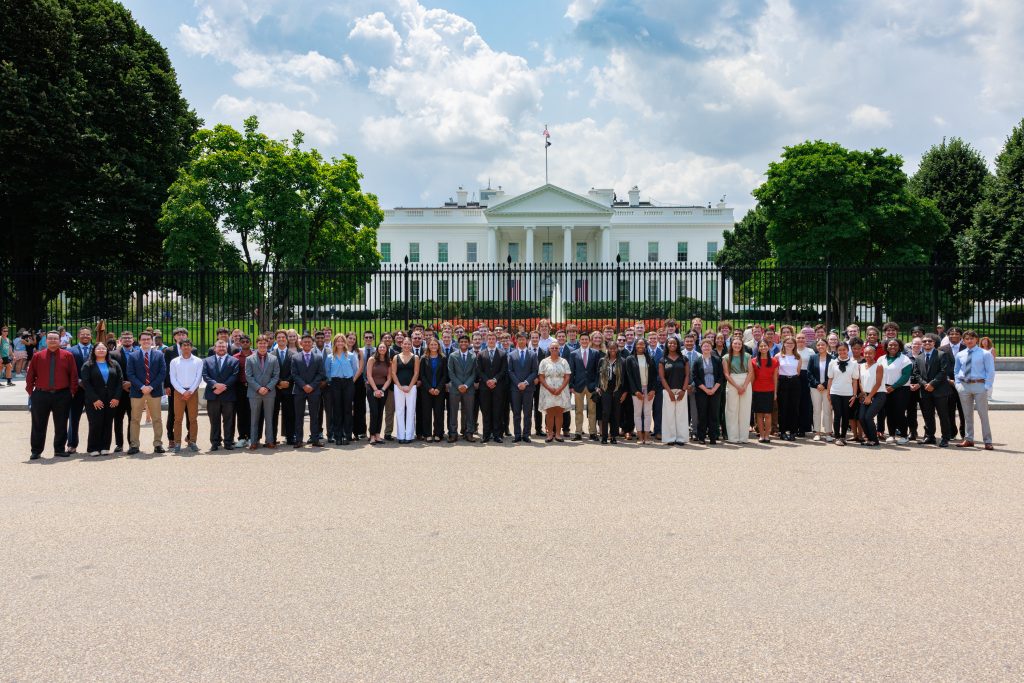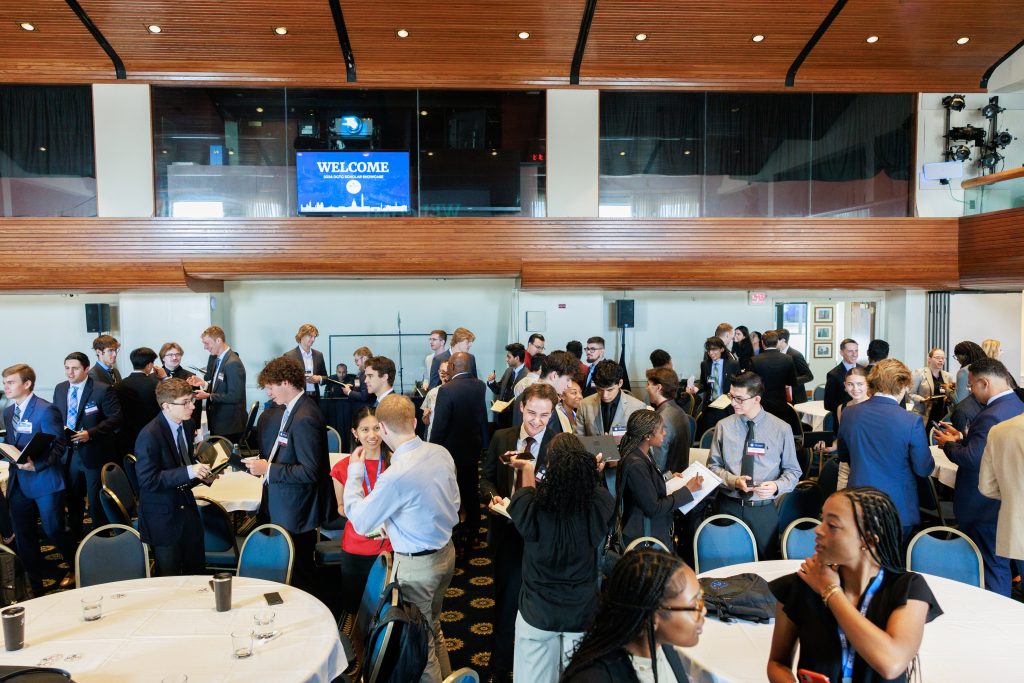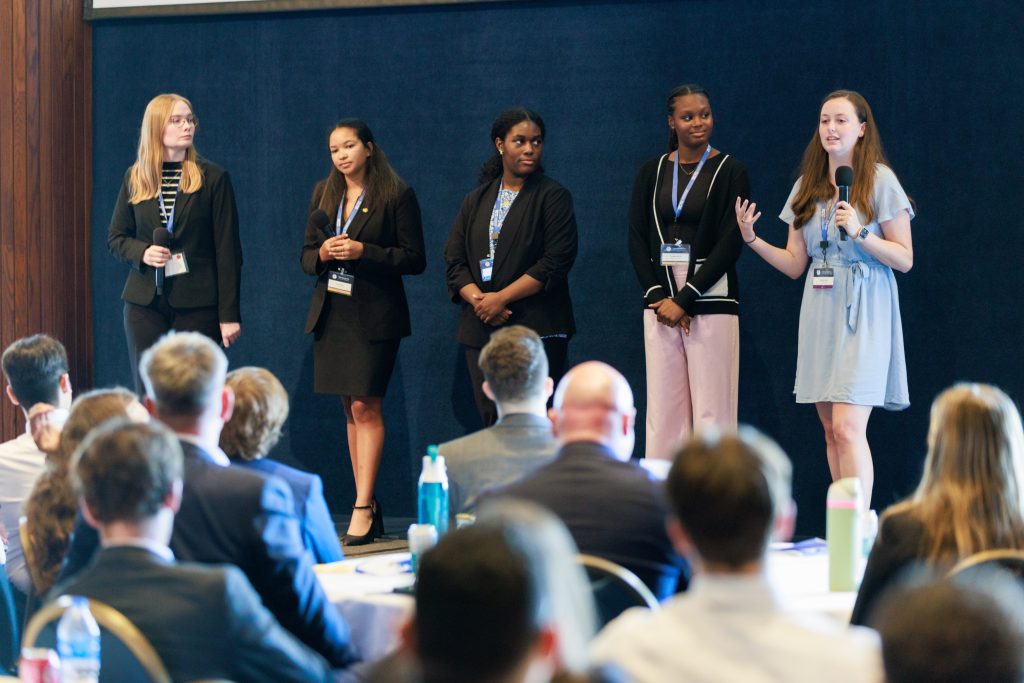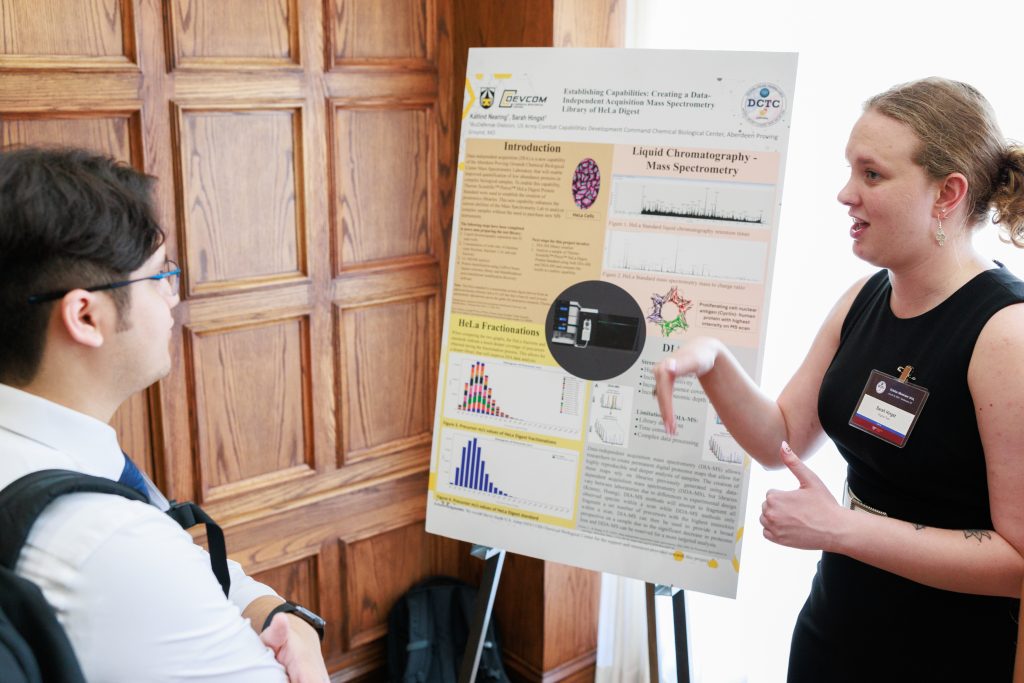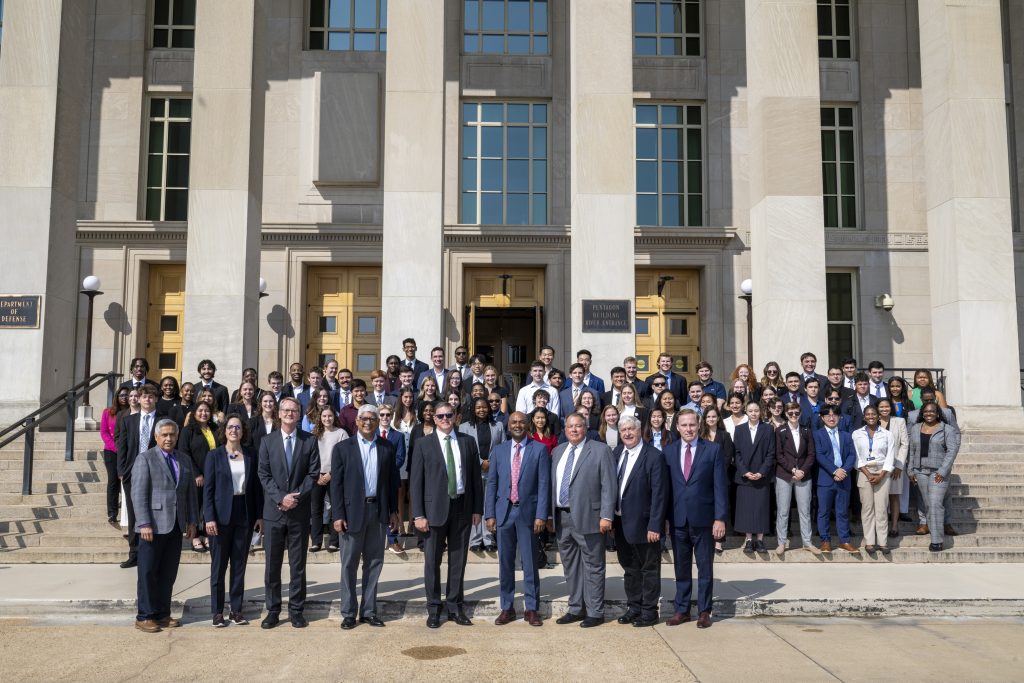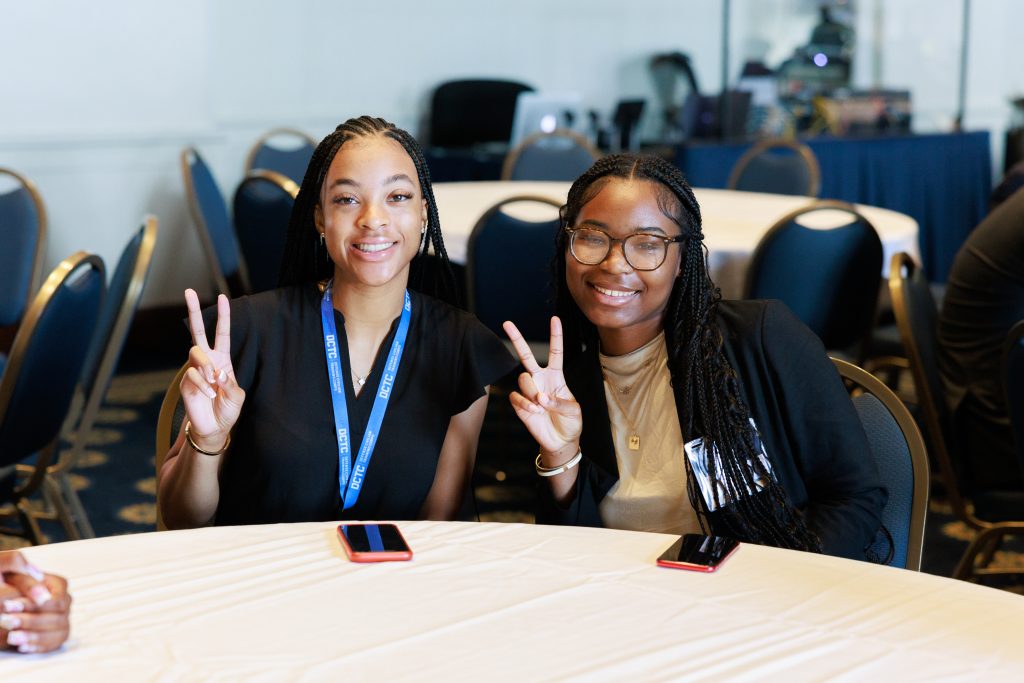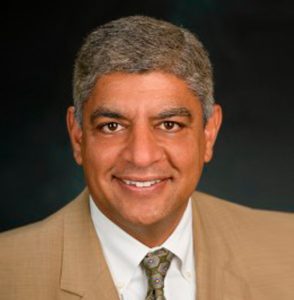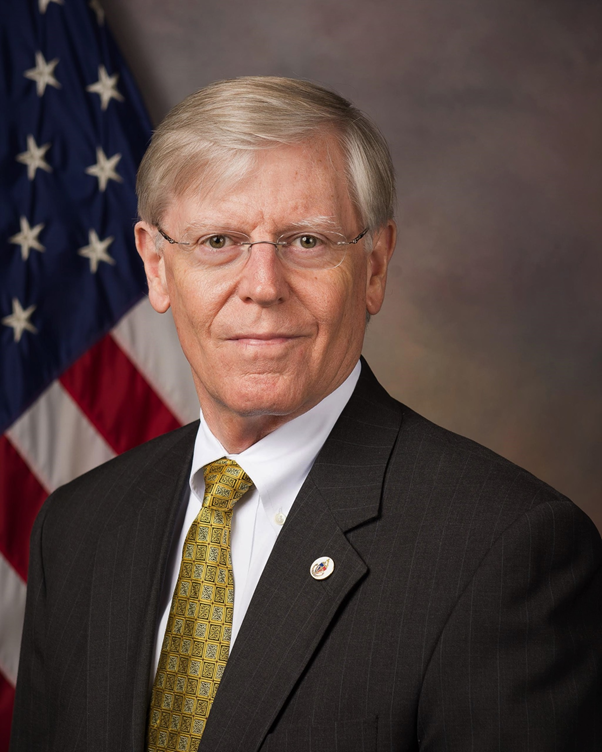AUGUST 28, 2024
Next Generation of Civilian Defenders Takes Stage at DCTC Scholar Showcase
The inaugural Defense Civilian Training Corps (DCTC) Scholar Showcase brought the next generation of defense leaders into focus on July 30-31 in Washington, DC. Scholars from cohorts ’25 and ’26 assembled at the National Press Club, where they demonstrated their readiness to contribute to the nation’s security.
Following a directive from Congress, the Department of Defense (DoD) tasked the Acquisition Innovation Research Center (AIRC) with designing and operating the DCTC pilot program, which is intended to attract and train college students to serve civilian careers in the DoD. Scholars receive scholarships, special courses, internship opportunities, help with obtaining security clearances, and other resources and agree to work a number of years for the DoD.
Almost 200 scholars are enrolled at four pilot universities: North Carolina A&T, Purdue, the University of Arizona, and Virginia Tech. Cohort ’25 started the program during the 2023-24 academic year, and Cohort ’26 entered during the 2024-25 academic year.
Nearly every scholar attended the showcase, which also attracted senior leaders from the Office of the Under Secretary of Defense for Acquisition & Sustainment (OUSD(A&S)) and other DoD partners, representatives from Congressional offices, and university officials. The showcase was an opportunity for scholars from Cohort ’25 to present the results of their eight-week project-based internships. Scholars from Cohort ’26 received an in-depth orientation session on what to expect during their journey through the program.
Some two dozen groups presented their team-based internships, explaining their work on topics such as cybersecurity compliance, defense technology innovation, and global strategic competition. Among the projects were an installation guide for a vehicle device, a video game simulation to address tech manual issues, and a mindset development strategy against foreign adversaries. Scholars also tackled projects related to hypersonics, AI, and strategic defense partnerships.
In recognition of their outstanding work, several scholars were honored with awards voted on by their peers. The Army Gaming Studio team, including Aliyah Terry (NCAT), Belle Higginbotham (Purdue), and Dalia Castro (Arizona), received the Team Collaboration Award. The Adaptability Award went to Brett Laird (Purdue), Ellie Wolcott (Arizona), and Michael Morales (Arizona) for their work on advancing satellite tracking. The Outstanding Presentation Award was given to Tamara Daye (NCAT), Alyssa Durrell (NCAT), and Christopher Karceski (Arizona) for their soldier operational assessments.
The first day included encouraging remarks from a champion of DCTC in the DoD, Mr. Mark Krzysko, Deputy Director for Acquisition Policy and Innovation in OUSD(A&S). Krzysko depicted a dynamic DoD where scholars could complete “a hundred missions in a hundred different jobs” and touted the DoD’s efforts to implement DCTC as profound because of the potential for scholars to build lasting careers that influence the department for the next 30-40 years.
AIRC Fellow Karen Thornton moderated a panel discussion with early-career civilians from various branches of the DoD. The panel included Charlotte George, STEM Outreach Director at the Naval Service Warfare Center Carderock Division; Mike Gonzalez from the U.S. Army DEVCOM C5ISR Center; Mariela Perez-Cabarcas, a neuroscience researcher at the DEVCOM Army Research Laboratory; and Megan Tress, Director of the Human Capital Strategic Initiatives Group in the Space Force. They spoke about their experiences and shared insights on personal growth, mentorship, and staying adaptable in the face of evolving challenges.
Other special guests included a DoD security team who collected scholar fingerprints as part of the clearance process and the hosts of the Defense Mavericks podcast who recorded an episode in front of a live scholar audience. Dr. Nicole Hutchison of the Systems Engineering Research Center walked the scholars through the Helix skills assessment.
Since this was the first time many scholars visited Washington, the AIRC team organized a tour of the Pentagon, a photo in front of the White House, and a night tour of monuments. Following the showcase, scholars also toured the Capitol building before fanning back across the country to their campuses. With cohorts ’25 and ’26 on their way, the AIRC team has begun helping the pilot universities recruit for cohort ’27.
Follow AIRC on LinkedIn for updates on acquisition research and DCTC on LinkedIn and the DCTC Scholars Blog for updates on the pilot program.
